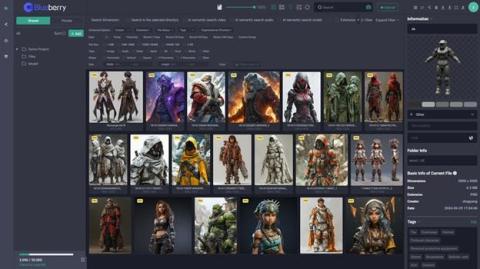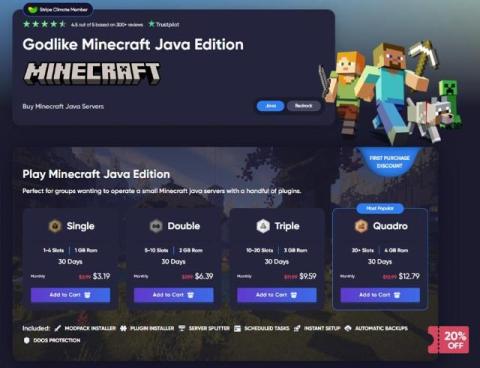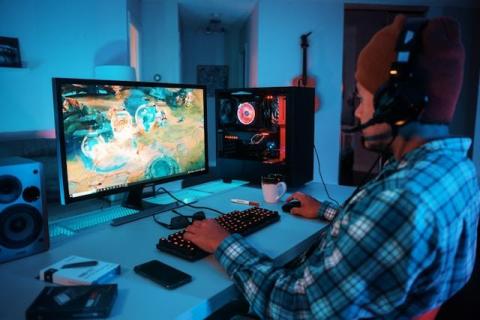CS2 Skins that Cause Envy Every Time
When you inspect another player's weapon in a Counter-Strike:2 match, some skins simply stand out from the rest. They catch your eye and make you instantly jealous knowing you'll likely never own such a rare and expensive skin. While novelty or meme skins have their place, true rare skins command respect and demand attention every time you or another player inspects them. In this article, we'll look at some of the most elite skins in CS2 that are certain to cause envy whenever they pop up in someone else's inventory.









